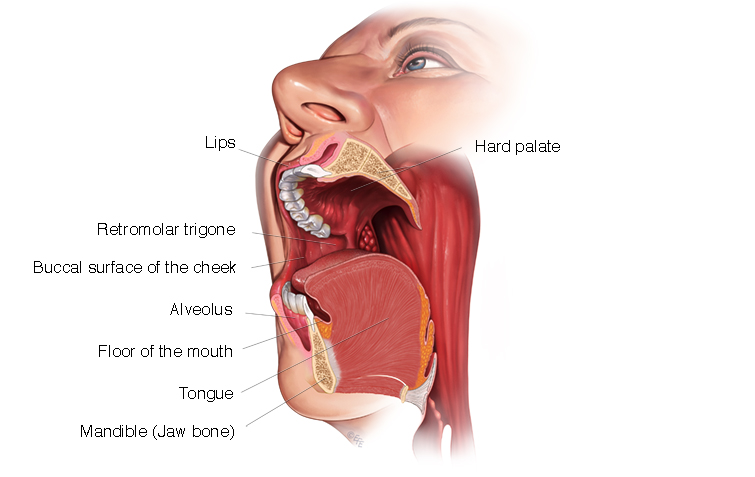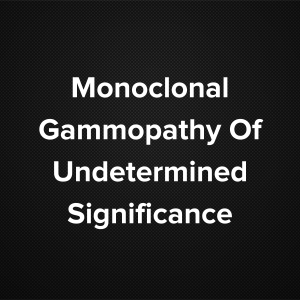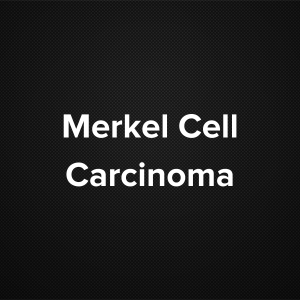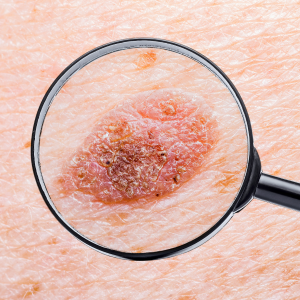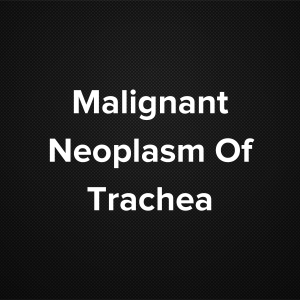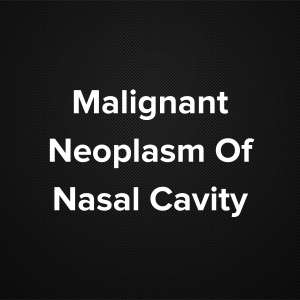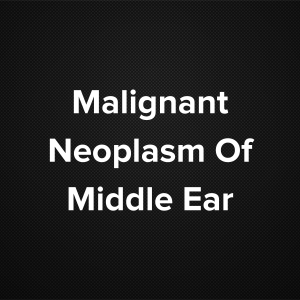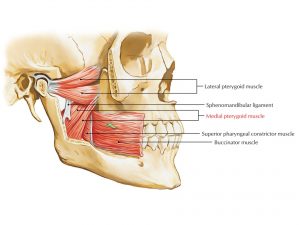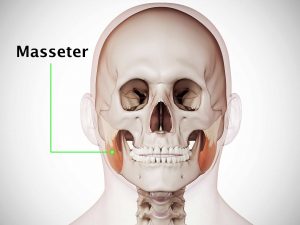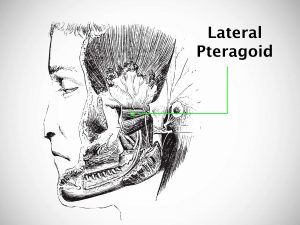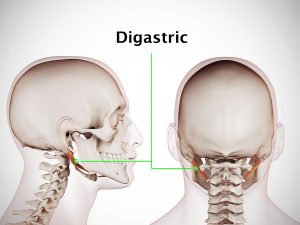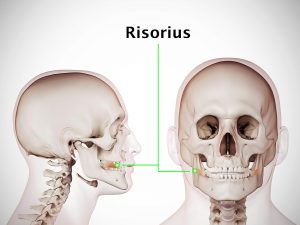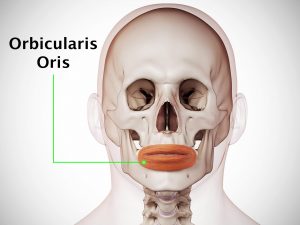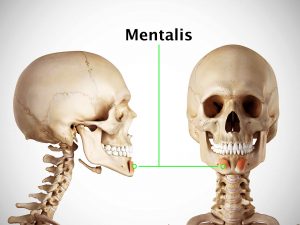Causes and risk factors
The exact cause of cancer is not known, but various risk factors or predisposing factors have been put forth. Genetic predisposition is one of the major causes. Hereditary plays a major role. People with weak immune system are more prone for cancer. Tobacco addiction and cigarette smoking is one of major contributing factors for mouth cancer. Alcohol consumption in excess also increases the chances of developing cancer of any form. Studies have revealed that human papilloma virus (HPV) infection can also lead to oral cancer. It is more prone in people having unsafe oral sex or sexual intimacy with multiple partners.
Clinical presentation:
Oral cancer can occur in any part of the mouth –lips, tongue or throat. Usually frequent appearance of ulceration in mouth- red or white patches persisting for more than 3weeks is the warning sign needing medical attention. The ulcers are painful and cause difficulty in swallowing. The teeth become loose and a lump can be felt in the throat. There occurs bleeding from gums and teeth or throat. Change in voice or hoarseness of voice along with difficulty in swallowing are the other symptoms seen. Body ache, fatigue, tenderness all over the body along with weight loss are the other associated symptoms.The cancerous cells can cause metastasis in various other organs of the body leading to variety of symptoms. The lymph nodes become enlarged.
Investigations:
Diagnosis is done on the basis of symptoms narrated by the patient and the examination carried out by the doctor. Certain investigations like routine blood test; Blood markers for cancer are advised. On detection of any abnormalities in the oral cavity, biopsy is recommended. A complete scan (PET scan) of the body along with other routine investigations can also be done for metastasis.
Treatment:
Depending upon the extend and stages of cancer the treatment is planned. Various surgical approaches can be adopted. Depending upon the extent of the cancer. In cases of tumor, the tumor is excised, in some cases a part of the jawbone or tongue is also removed. If the surgical repair hampers the personal appearance and normal functioning of the mouth, oral reconstruction is done. Radiation therapy is used. Targeted chemotherapy and immunotherapy agents are administered.
Recent update:
According to a McGill University study published in Cancer Epidemiology, Biomarkers & Prevention which is the journal of the American Association for Cancer Research. Human papillomavirus (HPV) infections were more common among men who had female partners with oral and/or genital HPV infection, suggesting that the transmission of HPV occurs via oral-oral and oral-genital routes.
